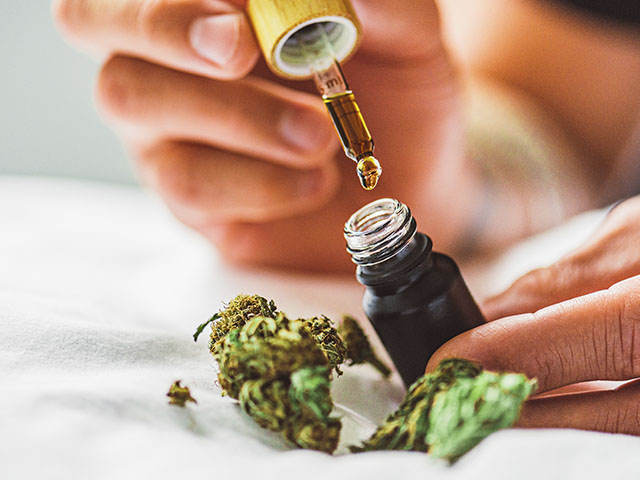In the ever-evolving landscape of health and wellness, CBD, or cannabidiol, has emerged as a prominent contender in aiding various health conditions. Among its many touted benefits, CBD’s potential role in weight management has garnered significant attention. But can CBD really assist in appetite control and, consequently, weight management? Let’s delve into the science behind this intriguing question.
Understanding CBD and Its Mechanisms
CBD is a non-psychoactive compound derived from the hemp plant. Unlike its counterpart, THC, CBD doesn’t induce a “high” sensation commonly associated with hemp use. Instead, it interacts with the body’s endocannabinoid system (ECS), a complex network responsible for regulating various physiological functions, including appetite, metabolism, pain perception, and mood.
Within the ECS, CBD influences cannabinoid receptors, particularly CB1 and CB2 receptors. CB1 receptors are primarily found in the central nervous system and play a crucial role in appetite regulation, while CB2 receptors are prevalent in the peripheral nervous system and are involved in immune function. By modulating these receptors’ activity, CBD may exert effects on appetite and metabolism.
The Science Behind CBD and Appetite Control
Several studies have explored CBD’s potential impact on appetite and weight management, albeit with varying results. One notable study published in the Molecular and Cellular Biochemistry journal suggested that CBD could promote browning of fat cells, a process wherein white adipose tissue (WAT) is converted into beige or brown adipose tissue (BAT). BAT is metabolically active and aids in burning calories, potentially contributing to weight loss or maintenance.
Furthermore, research published in the Journal of Psychopharmacology indicated that CBD might influence appetite through its interaction with serotonin receptors. Serotonin is a neurotransmitter known for its role in regulating mood and appetite. By enhancing serotonin signaling, CBD could potentially reduce appetite and food intake, thus aiding in weight management efforts.
However, it’s essential to note that the effects of CBD on appetite may vary depending on various factors, including dosage, administration method, individual physiology, and underlying health conditions. Some individuals may experience appetite suppression, while others may not notice any significant changes. For more insights and further information about CBD and weight management, please click on this link to know more.

Navigating the CBD Landscape: Tips for Consumers
For individuals considering CBD as a potential aid in weight management, it’s crucial to approach its use judiciously. Here are some tips to keep in mind:
- Consult with a Healthcare Professional: Before incorporating CBD into your wellness regimen, consult with a healthcare professional, particularly if you have underlying health concerns or are taking medications. They can provide personalized guidance based on your individual needs and medical history.
- Choose High-Quality Products: Opt for CBD products from reputable brands that prioritize quality, safety, and transparency. Look for products that undergo third-party testing to verify their potency and purity.
- Start Low and Go Slow: If you’re new to CBD, start with a low dosage and gradually increase it as needed. Pay attention to how your body responds and adjust your dosage accordingly.
- Consider the Delivery Method: CBD products come in various forms, including oils, capsules, edibles, and topicals. Consider your preferences and lifestyle when selecting a delivery method that suits you best.
- Maintain a Balanced Lifestyle: While CBD may offer potential benefits for weight management, it’s essential to complement its use with a balanced diet, regular exercise, and other healthy lifestyle practices.
Conclusion
While the relationship between CBD and weight management is still being explored, emerging research suggests that CBD may hold promise in supporting appetite control and metabolic health. By interacting with the body’s endocannabinoid system and other signaling pathways, CBD could potentially influence appetite, metabolism, and fat browning processes.
However, it’s crucial to approach CBD use with caution and seek guidance from healthcare professionals, especially if you have underlying health conditions or are taking medications. Additionally, incorporating CBD into a holistic approach to wellness, including a balanced diet and regular exercise, can optimize its potential benefits.
As the scientific community continues to unravel the mysteries of CBD’s effects on the body, individuals interested in exploring its potential for weight management should stay informed, discerning, and mindful of their unique needs and circumstances.




